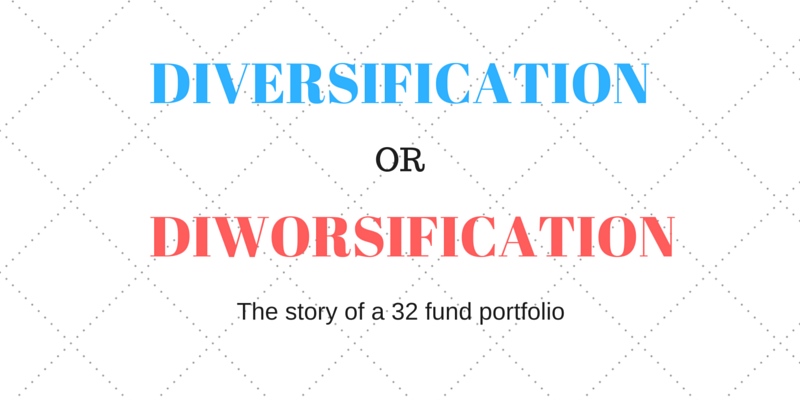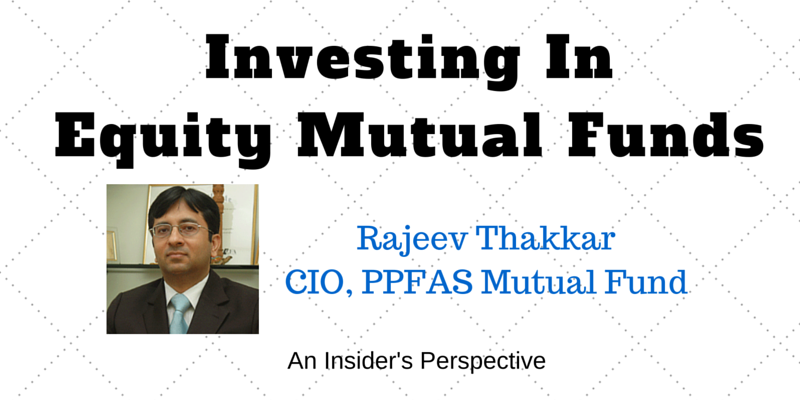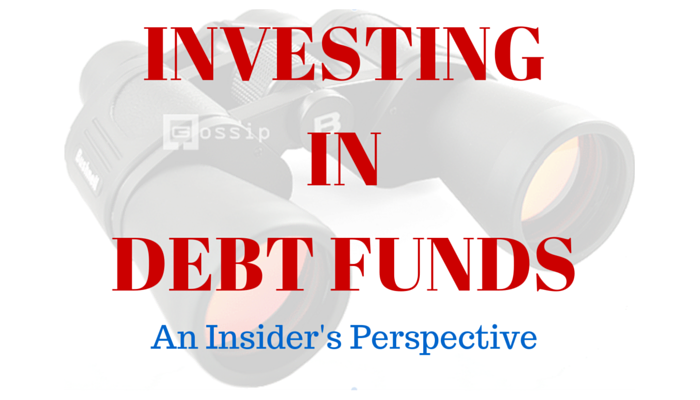Who is John Bogle?
Back in 1975, the world’s first index mutual fund was started with the guiding principle of “trusteeship”. It sought to put the investor first and tilt the scales of investment rewards towards the investor. Not just that, this organisation has established the norms of running a trusteeship driven organisation.
The fund house, as would be a familiar name to you, is known as Vanguard. As of today, Vanguard is the largest no-load mutual fund in the world managing trillions of dollars for its unit holders.
I want to bring your focus on this man who built Vanguard, its founder John C. Bogle.
John Bogle has studied mutual funds in-depth since 1949, when he began his senior thesis at Princeton University before joining the industry in 1951. He was named as one of America’s four financial “giants of the twentieth century” by Fortune magazine.
He is a prolific author and has penned his wisdom on investing in books such as Common Sense on Mutual Funds – New Imperatives for the Intelligent Investor.
Mr Bogle is a hard-core believer in indexing or buying index funds. In his findings (supported by data), a broad market index fund will almost always beat an actively managed fund. This will primarily be a function of the costs that are loaded onto actively managed funds. He outlines his approach very logically in his book Common Sense on Mutual Funds.
However, for those who would still go the other way and choose actively managed funds, he has shared 8 rules to build a mutual fund portfolio. These rules are based on the same strategies that help index funds to succeed.
While the rules have been explained in great detail in his book Common Sense on Mutual Funds, in this post I bring to you the essence of these 8 rules.
While the context of these rules is in the US, I believe they would apply to any sensible investor building a portfolio to meet long-term financial goals.
All the 8 rules are listed below. To read a detailed explanation as also the India mutual fund context, you may want to download the full guide.
Read more





